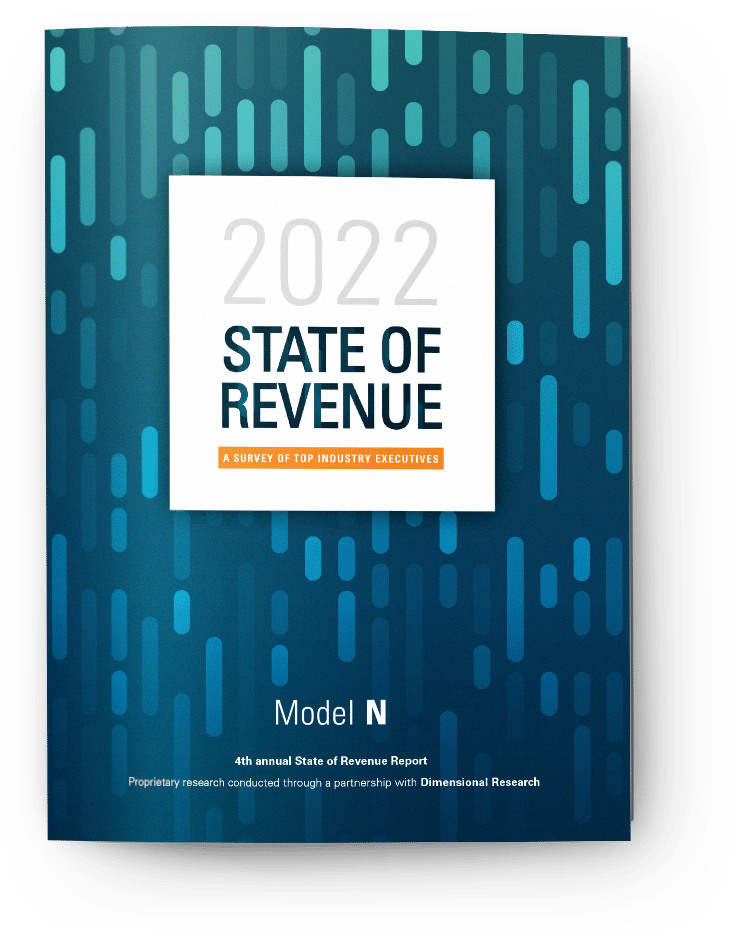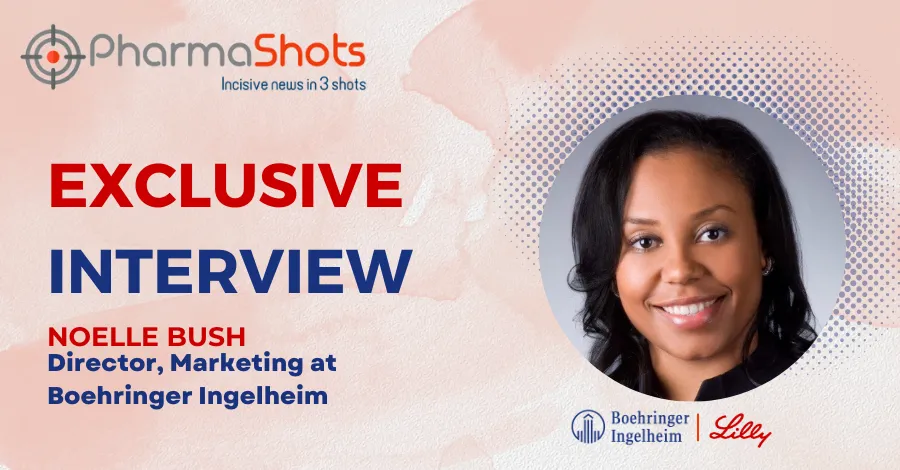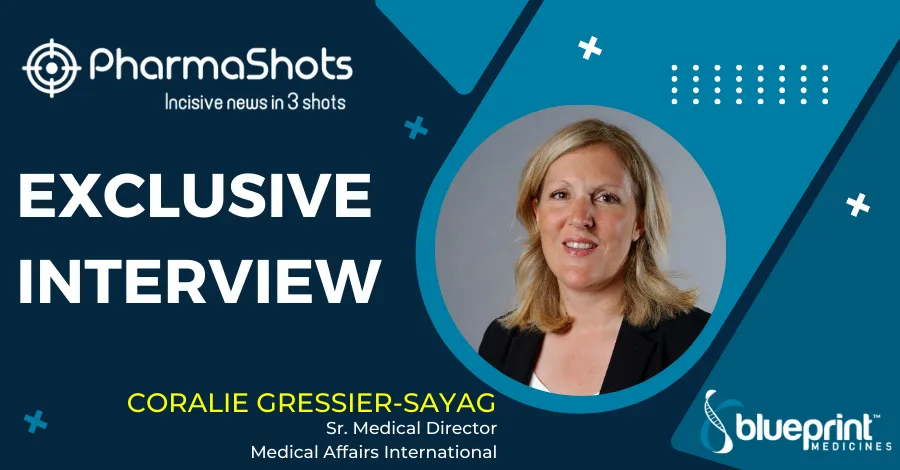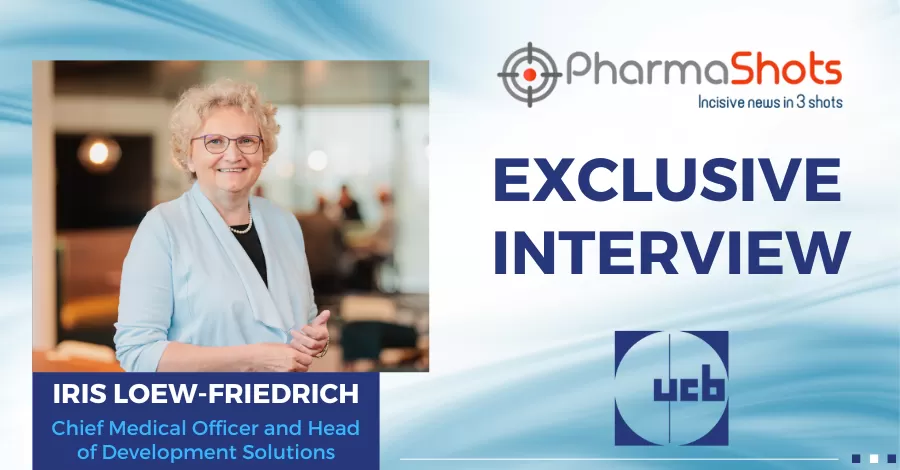
Kyle Forcier, Senior Director of Life Sciences Product Marketing at Model N Shares Insights on How Model N Helps Life Sciences Companies Navigate Greater Compliance Pressure
Shots:
- Kyle Forcier gave a detailed view of the Spring 2022 product release by Model N and how it will be a practical solution for the Pharmaceutical and MedTech companies
- Kyle also spoke about Model N’s Revenue Cloud, which can empower MedTech Sales with better revenue recognition
- The interview gives a glimpse of Model N’s 2022 State of Revenue Report and its new payment management solution for high-tech companies
Smriti: Thank you so much for connecting with us, would you please start by sharing some views on the Spring 2022 product release by Model N.
Kyle: The latest semi-annual product update includes improvements that serve both MedTech and Pharma for the U.S. and global markets, displaying our level of expertise by providing purpose-built, enterprise-grade solutions:
- U.S. Pharma: Focus on adding automation and improving usability including health plan/Pharmacy Benefit Managers (PBM) formulary compliance and script validation. Additionally, we have added capabilities to support additional price protection use cases that have been recently introduced to the market. Built on the company’s deep understanding of payer contracting terms, our new release enables complete payer contracting and incentive automation for Revenue Cloud customers.
- Global MedTech: Continued focus on automation and purpose-built functionality for sales and contract operations teams. The most recent product enhancements are designed to improve revenue recognition through enhanced GL-account code visibility, as well as through support for more advanced rebate calculations. And for MedTech sales teams, we are delivering new data-driven capabilities that allow for sales, contracting, and other key data to be aligned to sales territory hierarchies, offering improved visibility into territory-based sales reporting.
- Price Management for Global Pharma: Model N continues to deliver for international customers by expanding the capabilities of its industry-leading Global Pricing Management (GPM) application. GPM has incorporated improvements that address trade risks that arise from parallel trade and offers the ability to execute specific reference pricing activities. Additional value-added enhancements improve usability and automation, integrating significant improvements to the GPM app for mobile devices.

Smriti: Tell us how this new release will be a manageable solution for Pharma and MedTech companies and will relieve the economic pressure on them.
Kyle: The features across our products provide automation to reduce the burden placed on operations teams, automating manual processes and helping ensure all steps in the process are compliant in the event of an audit.
Improved formulary management and script validation ensure pharmaceutical companies have the ability to manage compliance in accordance with their contractual terms with health plans and PBMs.
Improved revenue recognition ensures MedTech companies are reporting revenue accurately. Automated sales rep reporting will help sales teams provide proactive communication with their customers, helping ensure compliance with contractual terms specifically around tiered pricing and capital equipment financing programs.
Smriti: Can you shed some light on Model N’s Revenue Cloud and how it integrates its sales data?
Kyle: Revenue Cloud’s suite of products support the integration of a variety of sales data, including industry-standard data such as invoice sales (direct sales) and sales via third-party distributors (indirect sales / EDI 844 [chargebacks] and EDI 849 [tracings]). Once validated and, in the case of indirect sales, adjudicated, the sales data can be utilized for a variety of use cases, including tiered pricing calculations, rebates, and fees and, in the case of U.S. pharma, government pricing calculations.
Model N also allows for integration with other non-standard sales data that may be provided by customers and/or distributors and can even support data that tracks products utilized by patients to track payer-based rebates as well as programs that track cases/procedures.
Smriti: Can you list some grounded reasons for how this product release will be beneficial for Pharma companies?
Kyle: Support efforts to remain compliant with agreements with providers, payers, state agencies, and the federal government. Automate calculations that would otherwise be calculated manually or require expensive software customizations with other solutions in the market. Mobile-based capabilities for global pricing teams ensure that pricing visibility and approvals remain fluid, without costly bottlenecks.

Smriti: In what manner will Model N’s solutions bring a rise in MedTech’s sales?
“An increase in communication leads to an increase in trust and prevents unwanted surprises; all of which can help increase sales in a crowded MedTech marketplace”
Kyle: MedTech sales teams require constant, accurate communication with their customers to ensure they’re aware of their status, with periodic tiered pricing and rebate calculations as well as the status of the various group and local agreements. An increase in communication leads to an increase in trust and prevents unwanted surprises; all of which can help increase sales in a crowded MedTech marketplace.
Smriti: Many big and medium MedTech companies are moving towards value-based payment models. Where does Model N’s payment system fit in and how?
Kyle: Most medium to large MedTech companies are exploring value-based agreements to some degree. There are two main questions that manufacturers must ask when deciding whether or not a value-based agreement makes sense:
- Does the product align to a key indicator or measurement that can help prove its value vs. the competition and/or its value compared to other options that may have a lower cost?
- Is the data required to measure value readily available to ensure the value-based calculation can be performed and payments (if required) can be adjudicated per the terms of the agreement?
Once value-based agreements are designed and implemented, Model N’s Revenue Cloud software can deliver integration of the data required to perform the value-based calculation, perform the calculation (enabled via configuration using our industry-leading “Strategy Designer” platform, and issue payment via integration with any ERP platform.
Smriti: Tell us about Model N’s Global Pricing Management (GPM) application and how it will provide International Operations Support.
“Model N Global Pricing Management is the enterprise-grade software solution that enables effective execution of Pharma companies’ pricing strategies and optimized global revenue”
Kyle: Mispricing and mismanaging launch sequences can lead to multi-million-dollar mistakes. According to L.E.K. Consulting’s Launch Monitor, nearly 50% of the products launched in the past 15 years have fallen short of their prelaunch estimates by more than 20%.
When a drug misses its launch projections, there’s a high likelihood that it will never recover that revenue. This risk, coupled with an ever-increasing average cost of bringing a drug to market, means it’s become more important than ever to maximize revenue from the start. Even once a product is on market, managing pricing on a global scale can be a logistical headache. With much of the world relying on IRP, where one country’s prices are cross- referenced against other countries, having constant access to accurate pricing and reimbursement data is necessary for managing product launch and pricing strategies. Model N Global Pricing Management is the enterprise-grade software solution that enables effective execution of Pharma companies’ pricing strategies and optimized global revenue.

Smriti: Can you give a glimpse of Model N’s 2022 State of Revenue Report?
"Every MedTech company included in this study indicated that within the past two years they adopted or expanded their business models"
Kyle: Here is a summary of the key findings.
Evolution of revenue management
New, evolving challenges impact the critical function of revenue management, according to new research detailed in the Model N report.
- The top issues impacting revenue management in 2022 include supply chain disruptions (44%) and artificial intelligence (40%).
- Executives are less concerned about COVID-19, with 37% of them listing it as a top impact on revenue management – down significantly from 58% in 2021.
- Executives are slightly more positive about revenue management in 2022, with 35% saying their industry is doing well, up from 29% in 2021.
- 99% of executives report they have challenges with revenue management within their own companies.
Staffing issues abound
Staffing shortages and knowledge gaps threaten revenue management.
Almost all (98%) of the survey respondents face staffing issues in their revenue management program. And more than half (51%) expect issues with staffing and expertise to have a “significant” impact on revenue management in 2022.
Technology
Technology innovation is needed – especially with data.
- 80% of executives struggle to get easy and accurate access to revenue management data.
- 68% agree it is difficult to access insights because data and systems are inflexible.
- 51% say they expect additional technology capabilities for revenue management would increase their company revenues.
- 73% prefer that their software vendors provide software and expert services.
Compliance for life sciences companies
Given their products’ impact on lives and well-being, Pharmaceutical and MedTech organizations are subject to particularly extensive governmental regulations. As a result, regulatory changes are top of mind for these companies.
Revenue management teams at life sciences companies are universally (99.5%) taking steps to prepare for potential governmental changes in 2022. Executives report their organizations are preparing for changes across regulatory compliance, financial controls, contract compliance, price transparency requirements, healthcare policies, 340B, and government funding.
New business models in MedTech
Regardless of whether they provide consumer medical devices for home use or build professional-grade solutions for hospitals or other healthcare providers, MedTech companies are experiencing a significant shakeup in their traditional business model.
Every MedTech company (100%) included in this study indicated that within the past two years they adopted or expanded their business models. More than half (56%) are experimenting with price transparency and flexibility.
Some companies are offering data-driven solutions and/or value-based contracting or eliminating rebates. And it is common (40%) for MedTech executives to report that their companies recently turned to recurring revenue models, such as subscription services.
Smriti: Thank you for an informative interview! We at PharmaShots appreciate your valuable time and presence
About the Author:

Kyle Forcier is the Senior Director of life sciences product marketing at Model N. He has more than 15 years of experience in the life sciences space, helping manufacturers increase their revenue, maintain compliance, and bring innovative ideas to the marketplace. Forcier has expertise in strategic pricing and rebating strategy, gross to net reporting, distribution and channel management, and field sales operations. Forcier holds a BS in finance from Bentley University and an MBA from the University of Massachusetts.
Related Post: Exclusive Interview with PharmaShots: Anita Holz of Boehringer Ingelheim And Alanna Morris of Emory University Share Insight on Hear Your Hear

Senior Editor at PharmaShots. She is curious and very passionate about recent updates and developments in the life sciences industry. She covers Biopharma, MedTech, and Digital health segments along with different reports at PharmaShots.














